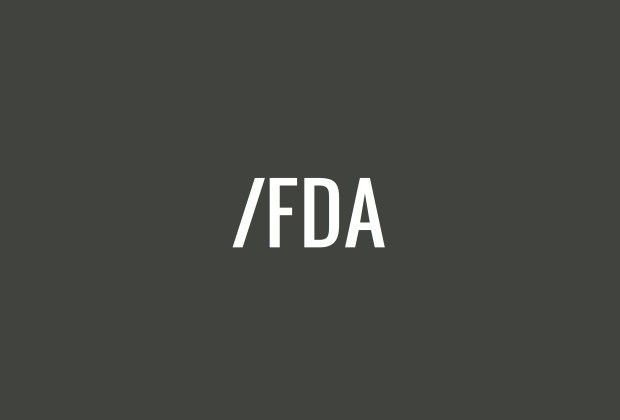The cigar industry has lost in a major court battle involving FDA regulations.
U.S. District Court Judge Amit P. Mehta ruled in favor the U.S. Food & Drug Administration (FDA) in almost all parts of the lawsuit: upholding the core of the rule itself, the requirements for warning labels and the payment of user fees. His decision was specifically related to a motion for summary judgment.
Retailers who blend pipe tobacco will get a break as Mehta struck down a requirement that would have required those retailers to register as manufacturers and instructed FDA to reevaluate the rule.
The lawsuit was filed in July 2016 by the Cigar Association of America (CAA), Cigar Rights of America (CRA) and the International Premium Cigar & Pipe Retailers’ Association (IPCPR). Last October, they filed for a motion of partial summary judgment, asking the court to stop FDA’s implementation of warning labels, user fees and various pipe tobacco restrictions.
While user fees were included in the motion, even many involved in the cigar industry’s legal front believed reversing them was a longshot. A large part of the groups’ argument centered around the idea the e-cigarette industry was not paying user fees, a situation FDA argued was the result of the narrowness of the law written by Congress that gave FDA authority to regulate tobacco products. Because e-cigarettes were not specifically listed, FDA felt it could not charge user fees. That will likely change in 2020 when the Congressional law will be renewed.
The bulk of the argument focused on warning labels and whether FDA went about the correct procedure to craft its regulation.
Mehta agreed that the ways the FDA went about regulation premium cigars, specifically whether the agency has enough scientific data indicating premium cigars are a health risk and the economic impact of regulations that FDA itself has said, it might reverse.
He writes that he believes FDA should not implement warning labels for premium cigars, but the court legally cannot make that ruling.
“Requiring the premium cigar industry to incur substantial compliance costs while the agency comprehensively reassesses the wisdom of regulation, before the warnings requirements go into effect, smacks of basic unfairness. In the court’s view, the prudent course would be for FDA to stay the warnings requirement as to premium cigars,” writes Mehta. “The court’s displeasure with the FDA’s handling of the status of premium cigars, no doubt, provides little consolation to the industry. But the court can do no more. Its hands are tied by both the law and the posture of the case.”
The one bit of good news is for retailers who blend pipe tobacco. Mehta found that FDA wrongly interpreted Congressional intent with the law. As such, retailers who blend pipe tobacco will not have to register as domestic manufacturers.
The two sides will return on June 11 to discuss the status of the case. An appeal from the cigar industry seems likely and there’s also a separate case in Texas that covers similar issues as well as advertising.


